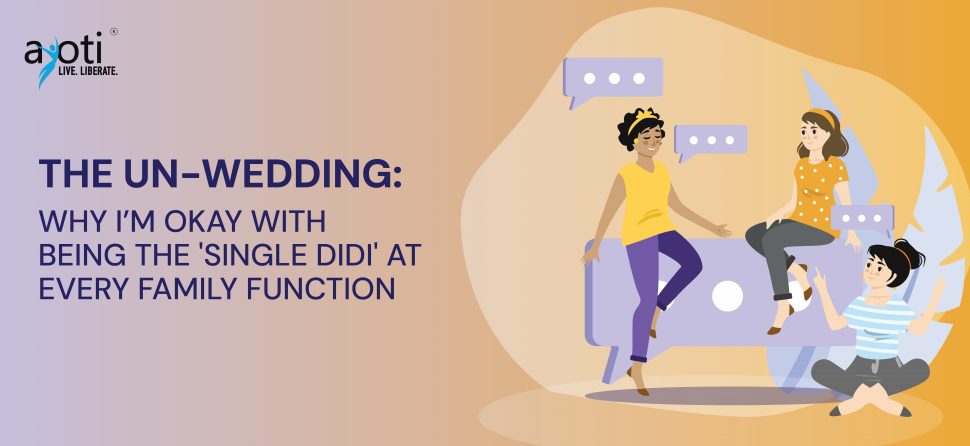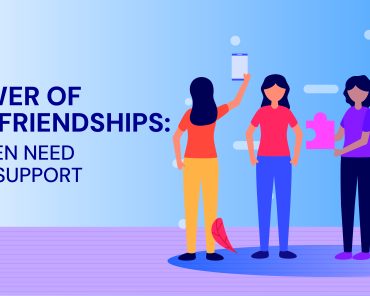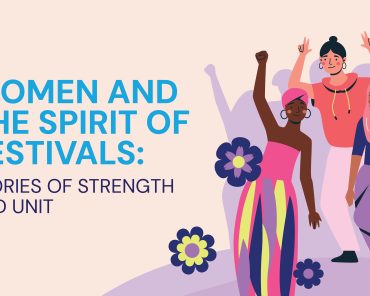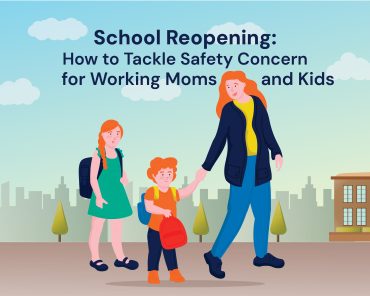By ayoti
The Un-Wedding: Why I’m Okay with Being the ‘Single Didi’ at Every Family Function
The Indian wedding season is less of a season and more of a grand, year-long festival. It’s a blur of haldi ceremonies, sangeet nights, and lavish receptions that bring the entire clan together. And for many women in their late 30s and 40s, every family function feels like a scene from a movie, complete with a predictable plotline and a single, recurring question: “Beta, when are you getting married?”
You know the drill. You walk into a room, a beautiful saree draped perfectly, armed with your best smile. Before you can even get to the chaat counter, a distant auntie corners you. She’ll start with a compliment about your career, your new car, or your glowing skin, and then, without fail, she’ll drop the bomb. “Everything is great, beta, but it’s time to settle down. Your cousin is already married and has a child. Don’t you think…?”
For a long time, these moments feel like tiny, emotional paper cuts. They can make one question everything—their career choices, their life goals, and even their self-worth. It’s as if all a woman’s achievements—her degrees, her promotions, her solo trips—are mere footnotes on a resume that remains incomplete without a husband’s name. But for many, something has shifted. That familiar dread is fading, replaced by a quiet, unwavering sense of peace because it is possible to be okay with being the ‘Single Didi’ at every family function.
The ‘Didi’ Dilemma: A Story We All Know
The journey from being the “cute little girl” to the “unmarried didi” is a well-trodden path. It begins innocently enough. In one’s early 20s, the questions are about grades and college life. Then, as one hits their mid-20s, the gears shift. Social media is suddenly full of wedding photos, and the family’s WhatsApp group becomes a constant stream of matrimonial requests.
At every function, it can feel like you are under a microscope. An auntie will “casually” introduce you to a prospective groom’s family, or a well-meaning uncle will try to give you some “gyan” on how “time is running out.” The pressure isn’t just external; it’s subtle, pervasive, and it seeps into one’s consciousness. It makes you feel like you’re on a deadline, and if you miss it, you’ll be left behind. You might start comparing your life to your married friends’ and wonder if you’re missing out on some secret club.
But the truth is, the story of the “Single Didi” is not one of a delayed life. It’s a story of a life lived on your own terms. It’s a choice—whether by circumstance or by design—to build a foundation for oneself before inviting someone else to build with you. And once that narrative is owned, it becomes a powerful tool.
The Art of the Comeback: Shutting Down Nosy Aunties
The key to surviving family functions is not to hide in the kitchen, but to master the art of the comeback. You don’t have to be rude; you just have to be firm and confident. Here are a few ways to turn the tables with grace and a touch of wit:
- The Polite Deflection: When asked about marriage, smile sweetly and say, “Right now, I’m fully committed to my new project at work! It’s taking up all my time, but it’s so exciting.” This shows you’re busy and have other things to prioritise.
- The Witty Reversal: For the more persistent auntie, you can try, “Auntie, marriage is a big decision! I’m still figuring out how to manage my Netflix watchlist, so a life partner might have to wait.” The humour shows you’re not taking the pressure seriously.
- The Empowered Truth: For the brave heart, a simple, “When I meet the right person, it’s a decision I’ll make. But until then, I’m focused on building a life I love, all on my own. My happiness isn’t on hold.” This is a powerful statement that leaves no room for debate.
The goal isn’t to start a debate, but to set a boundary. You are teaching others how to treat you. You are showing them that your life is whole and complete just as it is, and it doesn’t require their approval.
Redefining ‘Settling Down’
For generations, “settling down” has been synonymous with marriage. But what if the definition were to be rewritten? What if “settling down” is about finding a home within oneself?
One can settle down into a career that challenges and fulfils them. One can settle into a comfortable, sunlit apartment that has been decorated with personal taste, not someone else’s. One can settle into a group of fierce, supportive female friends who are a chosen family. One can settle into a morning coffee ritual, a love for solo travel, and the simple joy of coming home to a space that is entirely one’s own.
This is the unwedding. It’s the commitment to one’s own well-being and happiness. It’s the promise made to oneself to build a life so full and so rich that a partner would only be an addition, not a necessity. This doesn’t mean a person is closed off to love; it just means they are not waiting for it to start living.
The Joy of Being the ‘Un-Married Didi’
There is a unique freedom in not being tied down by a conventional timeline. You can travel on a whim, pick up a new hobby, or stay out late with friends without having to check in with anyone. You have the time and space to truly get to know yourself—your dreams, your flaws, your deepest desires.
Being single in your 30s or 40s is a quiet rebellion against a system that tells you your worth is tied to your marital status. It’s the choice to be complete on your own. It’s an act of courage to stand tall and say, “My life is not a waiting room for a partner. It’s an adventure I’m already living.”
So, the next time you’re at a family function, and an auntie asks that question, don’t shrink. Don’t feel small. Instead, stand a little taller. Smile a little wider. You are the protagonist of your own story, not a side character in someone else’s. You’re the ‘Single Didi’—and right now, that is exactly where you are meant to be. And that’s more than okay. It’s wonderful.





